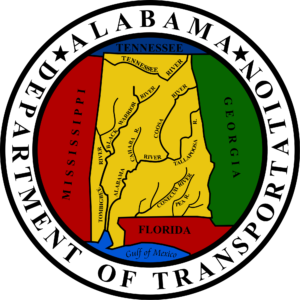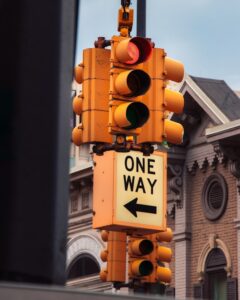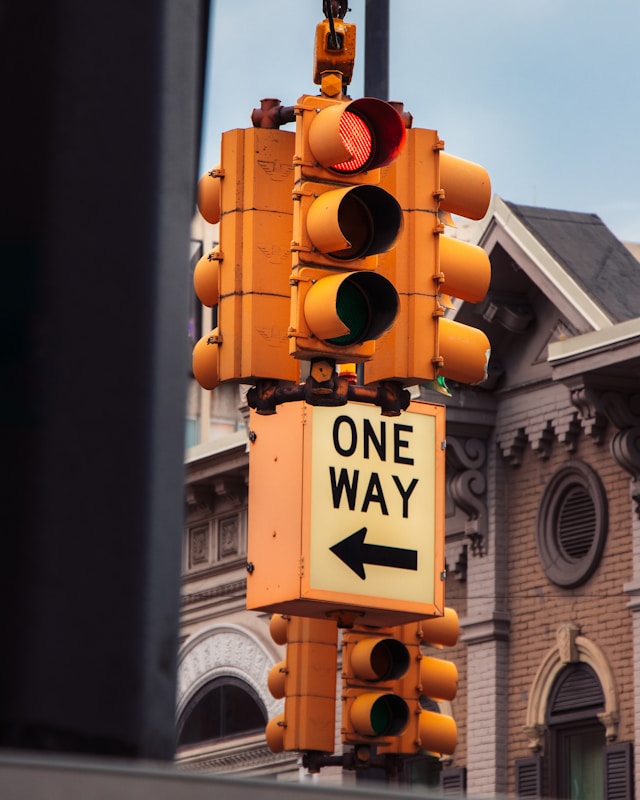|
Audio Version
Getting your Trinity Audio player ready...
|
Saraland was once a sleepy Mobile suburb described as the gateway to progress. Well, progress has certainly come to “The Land” and has brought a lot of traffic with it. Saraland’s traffic nightmare has become a daily occurrence for local residents with no end or solution in sight.
Twin Terrors
Locals might be wondering which particular traffic nightmare I’m referring to, as Saraland is plagued by two problem areas at the moment. Celeste Road is a two-lane terror that is only getting worse as more and more homes are being built in the area. A proposed 800-home subdivision threatens to escalate this problem exponentially.
But the problem I’m talking about is 158. Over the past 30 years, development on the highway has led to steady expansion. Growth picked up after the roadway was extended to Schillinger Road, opening a direct connection to West Mobile. But it was the extension of 158 all the way to Moffett Road near the Mississippi state line that truly opened the floodgates.
Why Is Traffic So Bad on 158 In Saraland?
With the westward expansion of 158, a direct line was opened for travelers and truckers from Mississippi to Interstate 65. You will often find the right lane of 158 backed up from the interstate all the way to Kalioka Road and sometimes beyond.
Between the expansions to Schillinger and Moffett Roads, the area of 158 around 165 saw explosive growth. Hotels, gas stations, grocery stores, you name it. This corridor became the central hub of the city, supplanting Highway 43 as the place to be.
Who’s Fault Is This Traffic Problem?

Saraland can not be blamed for the direct cause of the problem, the expansion of 158 to Moffett Road. This occurred well beyond city limits. However, the project was not a secret, and the city knew it was coming. While the city council and the mayor do not wield complete authority over the roadways of the city, it is their responsibility as leadership to handle the city’s problems.
The state of Alabama deserves the lion’s share of the blame. They opened a gateway to traffic and funneled it into a bottleneck that was sure to cause problems. There are 5 stop lights between Publix and Walmart and an interstate connection with no service roads to alleviate congestion. I can not imagine these traffic problems came as a surprise to highway engineers.
How Can The Problem Be Fixed
Full disclaimer, I am not a highway engineer. Fixing a complicated problem like Saraland traffic is far beyond my skills. All I can do as an observer is note what other high-traffic areas have done.
The first issue I noticed when comparing 158 to Airport Blvd is the lack of service roads as mentioned earlier. One can take the I-65 service road from Celeste to Publix, but then you have to battle the Celeste Road traffic, which depending on the time of day can be brutal.

The next issue is the synchronization of the traffic lights. It is not uncommon to have a green light at Publix (the first light) and have traffic backed up to it from the next traffic light at Shelton Beach Extension. This often leads to people blocking the intersections, exacerbating the traffic issues.
With such small gaps between lights, having them synced up to work more efficiently would go a huge way toward fixing the traffic issues. Reducing the number of stop lights altogether would be an even better solution, but the interstate’s location makes that a virtual impossibility.
The number of lanes compared to other high-traffic areas is another issue I noticed. To handle the increase in traffic, more lanes need to be added West of Publix. The right land of 158 has become no man’s land. Additional lanes would alleviate the pressure, allowing travelers to switch lanes at later points on the highway.
When Will The Problem Be Fixed?
Unfortunately, solutions for Saraland traffic do not seem to be coming anytime soon. Saraland seems to be more focused on expansion than on developing the infrastructure to support it. On top of the 800 home subdivision mentioned earlier, Chic-Fil-A is also coming to the city in the next year or so, and it will be located right at the heart of the problem on 158.
And those hoping for the state to come to the rescue will be bitterly disappointed. The repaving of Highway 43 has left several traffic lights in disarray, with no hurry to finish the job and correct the problem. Lest we forget it was the state’s opening of 158 to Mississippi traffic that caused the problem in the first place.
Opening highways and extending them brings traffic and sales tax revenue. There is little doubt the state has seen an increase in revenue from the extension of 158. But it has come at a big cost for local residents. Saraland’s traffic nightmare does not appear to be ending anytime soon.
